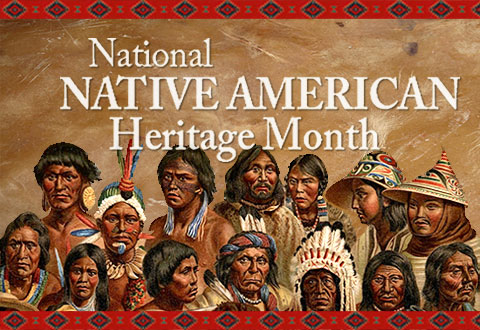Estabrook Civic League
Join us at our next meeting on February 17th in 3 days.
Native American Heritage Month
-USA
Native American Heritage Month is observed every November to honor the history, culture, and contributions of Indigenous peoples in the United States. It's a time for education, reflection, and celebration of the diverse cultures of American Indians and Alaska Natives, while also acknowledging the historical and ongoing struggles they face. Purpose: The month serves as an opportunity for all Americans to learn about the unique histories, traditions, and contemporary lives of Native Americans. Focus: Celebrations often highlight achievements and cultural heritage, but also address important issues like the lasting impacts of past policies, such as the federal Indian boarding schools, and the need for healing from intergenerational trauma. Activities: Events can include museum exhibits, cultural performances, educational workshops, and community gatherings. Some initiatives also focus on specific cultural aspects, like the importance of First Foods and maternal health. Origins: The observance was established in 1990 when President George H.W. Bush approved a joint resolution of Congress designating November as "National American Indian Heritage Month".
